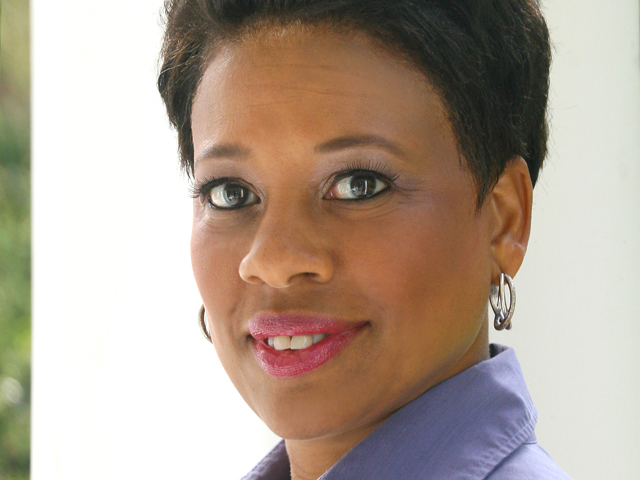
The student-innovator: Thinking beyond classes to creating supports for student entrepreneurs
I taught my first “media entrepreneurship” class in 2001, nearly 15 years ago. It was the first time I’d introduced these concepts into my college’s journalism education program. My goal was to not only introduce new content management technologies (FrontPage and Dreamweaver at the time), but to help students utilize the deep skills in writing, audio, graphic design and creation to imagine a new business idea.
Students developed individual ideas out of their passions and pitched them throughout the course, learning business skills and discovering their own unique talents along the way. It was the first time I had taught a class where I had to shoo students out of the lab after class ended, so eager were my students to nurture their ideas to completion.
In the 15 years since, I have started several media/tech companies of my own and innovated within legacy media around content and technology. I’ve also worked in academic environments that are urban and rural, public and private, big and small and taken stock of how we as journalism and mass communication professors are preparing our students for the future. In the intervening years, economic downturn, technological disruption and new competitors have changed the face of legacy media. New startups are challenging notions of who creates news and information and redefining notions of audience, content and distribution. Even more so today, our students need skillsets that help them navigate this dynamic environment and create opportunities for themselves in and outside of legacy media organizations.
My 2016-2017 fellowship with the Donald W. Reynolds Journalism Institute will allow me to look more deeply at the skills, knowledge and experiences that students need to be successful both in their academic careers and as innovators and entrepreneurs. What if we use the concept of the student-athlete to examine how higher education can better recruit and retain students who are creative, innovative, and entrepreneurial and provide the environment for their dual paths. Might we rethink how we address student needs beyond classes and startup weekends?
This strategy might look as if it privileges actual startups. I believe in “early and often” exposure to entrepreneurial concepts. I also believe in multiple entry and exit points for students along a continuum of activity from awareness of human-centered design to venture capital and exits. How can our higher education institutions create more cohesive structures to address the lifecycle of a student-innovator?
My research for RJI will involve deep interviews with student founders and other entrepreneurial leaders and some ethnographic work. My goal is to look at the higher education processes that favor a linear process and adapt those processes to a more dynamic, nonlinear pathway of supports for student-innovators.
Some preliminary observations show how critical it is for universities to have key leadership that is visible and actively engaged in innovation and entrepreneurship activities. Entrepreneurship also goes beyond the creation of innovation centers – hubs of creative, interdisciplinary activity on many campuses or laboratories for innovation.
Questions I will be exploring include:
- How can we support students to be both students and entrepreneurs during their time on our college campuses?
- How can we make the academic schedule more flexible and porous to accommodate the messiness of the startup process?
- How can we make the work of student-innovators more visible to alumni and external investors?
- How can we support the just-in-time educational needs of student-innovators?
- What are the unique supports required of journalism and mass communications innovators in the media entrepreneurship space?
- How can we create an immersive experience during the student’s total academic career that attracts top students?
We know that today’s economic climate means our graduates will hold multiple jobs in their lifetime. Why not prepare our students to understand how they can generate revenue using their skills, to create ideas that they can grow and to ultimately own their own businesses?
